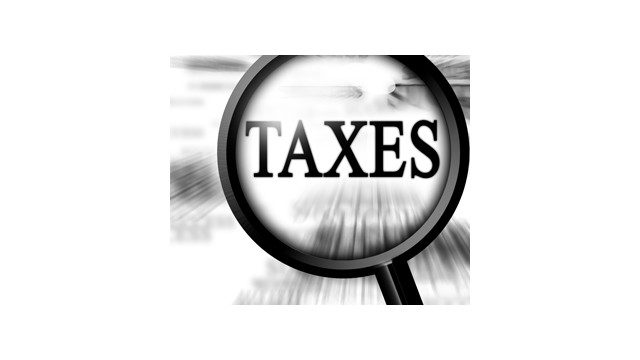As Maryland prepares to enforce the first digital advertising tax in the nation, Massachusetts and several other states are pursuing digital advertising taxes of their own.
Massachusetts: Four flavors of digital tax
At least four different digital advertising tax bills have been introduced in Massachusetts. House Docket 3210 would tax annual gross revenues derived from digital advertising services in the commonwealth (i.e., ads appearing on a device known or reasonably presumed to be used in Massachusetts, or when the Internet Protocol address indicates the device is in Massachusetts).
“Digital advertising services” means “advertising services on a digital interface,” and includes banner advertising; search engine advertising; interstitial advertising; promoted, boosted, or sponsored content; and other comparable advertising services. “Digital interface” is defined as any type of software a user can access, including a website or part of a website, or an application or part of an application.
The digital advertising tax would apply to a person (aka, an entity) with annual gross revenues derived from digital advertising services in the commonwealth of at least $100,000, at the following tax rates:
- 5% of the assessable base for a person with annual gross revenues of $50,000,000 through $100,000,000
- 10% of the assessable base for a person with annual gross revenues of $100,000,001 through $200,000,000
- 15% of the assessable base for a person with annual gross revenues exceeding $200,000,001
The tax would take effect January 1, 2022.
House Docket 3601 would create a 5% excise tax on the sale of digital advertising services within the commonwealth. It would apply to persons with more than $25 million in annual revenue from digital advertising services in Massachusetts (i.e., when the ads are “received on a user’s device having an IP address located within the commonwealth”).
Revenue generated by the tax would help finance the Local Newspaper Trust Fund. No effective date was provided in the initial version of the bill.
House Docket 3522 would tax online advertising. As of this writing, the draft is still being finalized by House Counsel.
Finally, House Docket 3558 would establish a special commission to study the effects of a tax on digital advertising displayed in Massachusetts by companies generating over $100 million annually in global revenue. By February 15, 2022, the commission would present a final report that includes:
- Best practices of other states
- Massachusetts tax revenue changes resulting from the proposed tax revisions
- Tax rates necessary to fund investment in public infrastructure and programming, and ensure economic competitiveness
- Total amount of taxes currently paid by the identified companies
Can Massachusetts (or any other state) stomach a digital advertising tax?
Although the above bills have been introduced for consideration, they’re unlikely to gain much traction this session.
Massachusetts Governor Charlie Baker isn’t interested in raising taxes. He’s repeatedly emphasized the need to encourage economic growth and face the challenges resulting from COVID-19 “without raising taxes on residents.”
House Speaker Ronald Mariano echoes that sentiment. Although he’s concerned Massachusetts may be “a little short” on revenue, he said in February that “taxes are not on the table. We have no intention of raising taxes.” Senate President Karen Spilka also hopes to avoid raising taxes, although she’s acknowledged there could be a need to do so: “We have to see what happens with COVID.”
There are certainly less contentious ways to increase tax revenue than a tax on digital advertising. Maryland’s new tax came under fire within days of passing. Amazon, Facebook, the U.S. Chamber of Commerce, and other affected parties are suing Maryland and seeking to block what they’re calling “a punitive assault on digital, but not print, advertising. It is illegal in myriad ways and should be declared unlawful and enjoined.” The complaint can be found here.
Meanwhile, Maryland lawmakers are looking favorably upon a bill (SB 787) that would exempt digital interfaces owned or operated by a broadcast or news media entity from the new digital advertising tax. This could make the discriminatory aspects of the tax worse, as the same type of service would be taxed differently depending on the type of business engaged in it.
SB 787 would also push the start of the digital advertising tax to January 1, 2022, and prohibit taxpayers from directly passing on the cost of the tax to certain customers.
Digital advertising taxes have been introduced in Connecticut, Indiana, Montana, New York, and Washington, though the Montana measure has already been tabled. If any of the above bills are adopted, you can read about it on the Avalara blog.
===========
Gail Cole is a Senior Writer at Avalara. She’s on a mission to uncover unusual tax facts and make complex laws and legislation more digestible for accounting and business professionals.
Thanks for reading CPA Practice Advisor!
Subscribe Already registered? Log In
Need more information? Read the FAQs
Tags: State and Local Taxes, Technology





